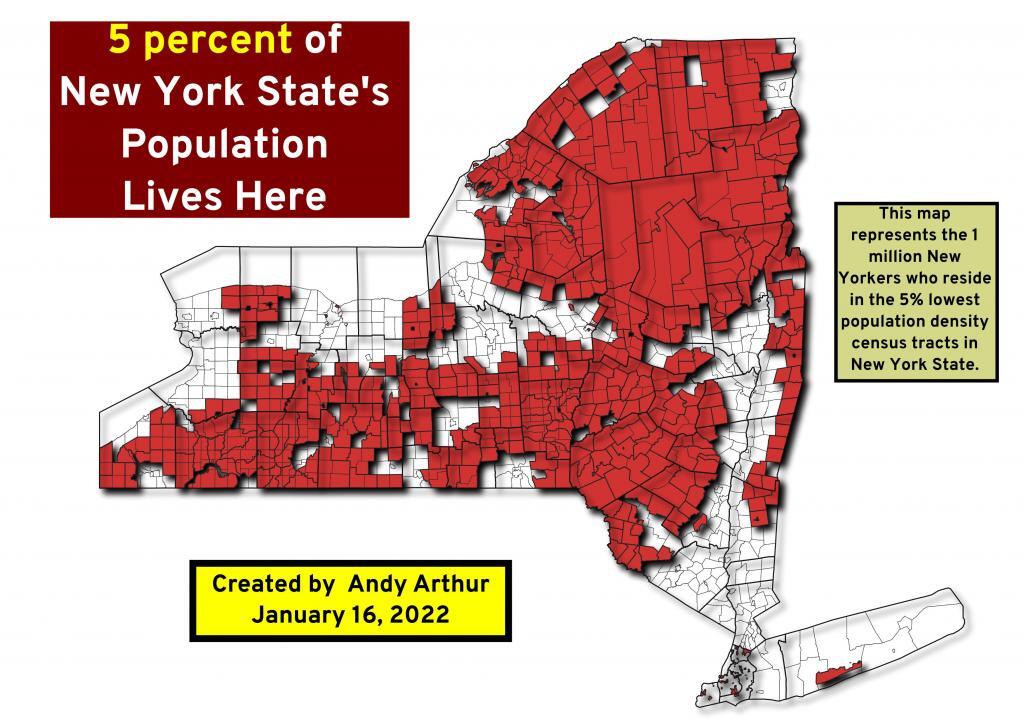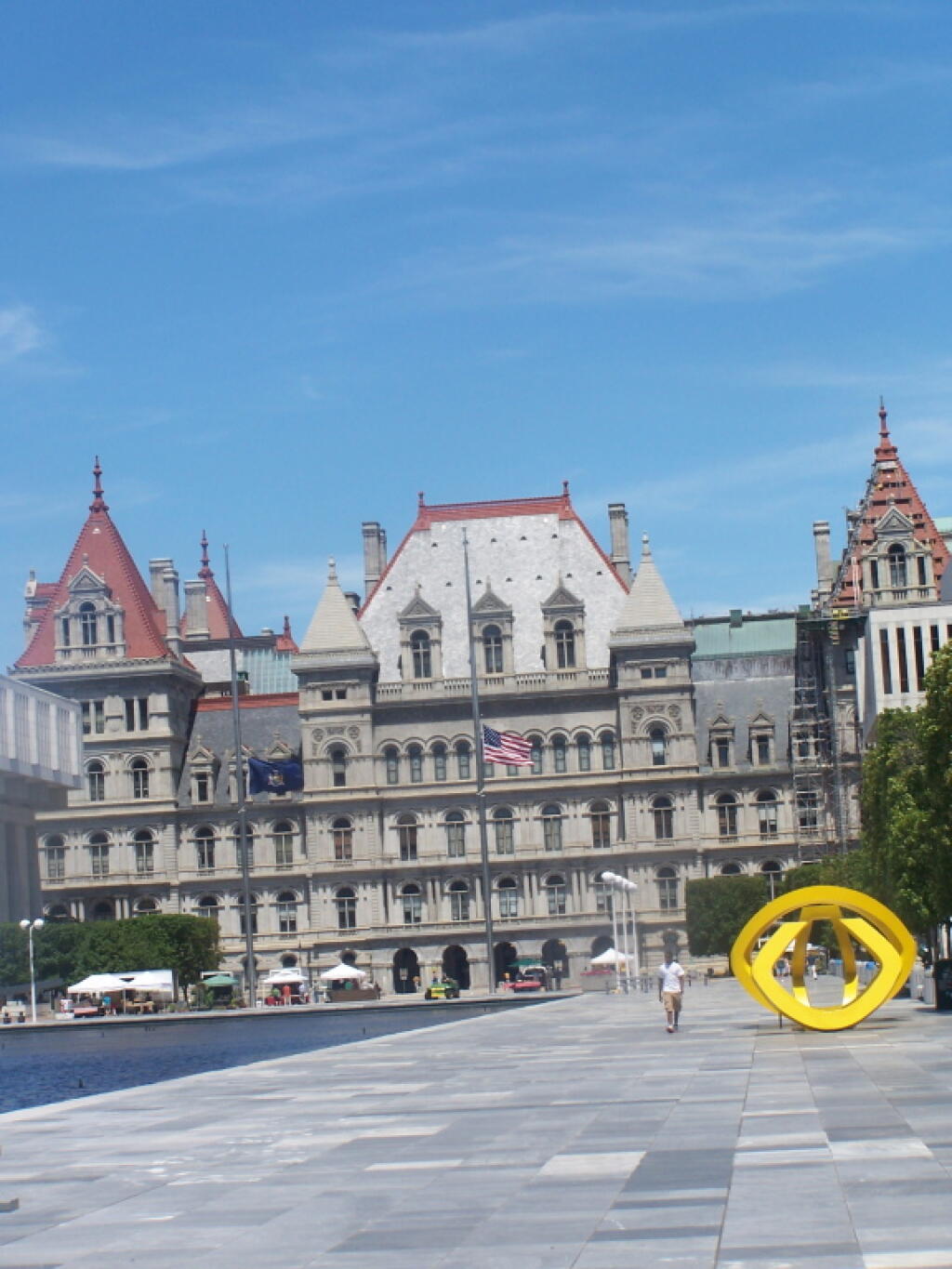Could 15 minutes a month make a big difference in how your government is run and allow you to make informed decisions about government policies? With New York’s Freedom of Information Law (FOIL), and a quick email off to your government officials, you can make a big difference.
Under Article 6 of the Public Officers Law, any person can request almost any government document using a quick email to the Records Access Officer that every state agency and subdivision such as counties, cities, towns, public authorities, public corporations, and school boards keep. You can request meeting agendas, meeting notes, email sent from government accounts, studies, maps, word documents, GIS Shapefiles, databases. While there are some exceptions to this law, the reality is most government documents are public property, and can be received through FOIL.

To send a FOIL request, you simply need to …
1) Figure out what your interested in. It helps to know what format the records are stored in, such as Word Processor Documents, Spreadsheets, Email, Database, GIS Shapefile, PDF. You also should try to make the best guess where the data is from, and describe it as possible. You have to accept records in whatever format stored by the agency as they are not required to convert or summarize the record, meaning you need to accurately request what they have or risk being denied access.
2) Go to agency’s website your are interested in, and try to find the Records Access Officer or FOIL request officer or other email. Typically emailing the highest level official in the agency is acceptable if no FOIL information is listed.
3) While not every agency accepts emails, but any that has a capacity to e-mail must accept requests in that format.
4) Write a very quick and simple email to the agency saying:
Dear Records Access Officer:
Under Article 6 of the Public Officers Law (NY Freedom of Information Law), I am requesting the following records:
- Any and all emails sent from Commissioner John Smith jsmith@example.state.ny.us from April 1, 2011 through May 1, 2011 with the words “solid waste management” in the body of the email.
- The Microsoft Excel spreadsheet, relating to revenue received through recycling programs. I am requesting the April 2011 numbers, as prepared by Solid Waste Specialist Deborah Smith.
Thank you. If you have any questions or need clarification, please email me at joe@example.com.
It’s that easy. You will get a receipt of your request within 5 days. Within 35 days, you will receive the requested documents or reasons for denial of such requests under the limited exceptions of NY Freedom of Information Act. You have the right to appeal such a denial to the records appeal officer, which you should be notified of whom it is when such information is denied. The Committee on Open Government offers advisory opinions to help you understand the law, and cite case law in your response.
I really encourage you to get into the practice of regularly writing FOIL requests. With e-mail it’s easy, and it keeps your elected officials and public servants on their toes. Receiving even one request for information perks up their ears, and more requests makes them realize that the public is keeping a watchful eye over them. Moreover, the records you will receive are both interesting and informative, and allow you to make better comment over public policies in the future.

You can be the hero that saves democracy and get lots of fun government documents for free to your email!









